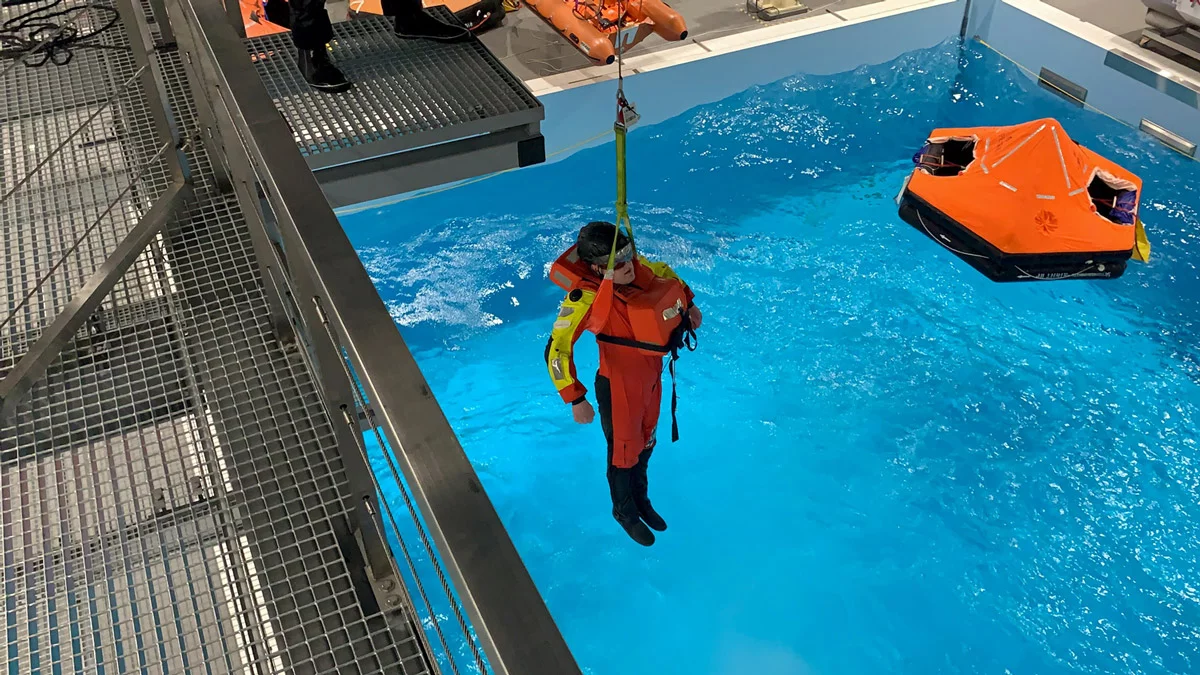
Working or traveling on the open sea presents unique challenges and potential dangers that demand specialized skills and knowledge. In these environments, the importance of sea survival course training cannot be overstated. Whether in offshore industries, maritime operations, or recreational boating, being equipped with the necessary survival skills can mean the difference between life and death. In this article, we delve into the significance of sea survival course prices and highlight the key reasons why it is essential for anyone venturing into marine environments.
Emergency Preparedness
Sea survival training provides individuals with the crucial ability to anticipate, prepare for, and react to emergency situations at sea. Understanding the potential risks and hazards enables proactive measures to be taken, increasing overall preparedness. By acquiring knowledge about emergency procedures, proper use of safety equipment, and survival techniques, individuals are equipped to respond effectively and efficiently during critical moments, ensuring their own safety and that of others around them.
Safety and Risk Mitigation
The primary objective of sea survival training is to enhance safety and minimize risks associated with marine environments. Participants learn about safety protocols, the importance of personal protective equipment (PPE), and the correct use of safety devices such as life jackets, immersion suits, and distress signals. They acquire skills to identify potential dangers and implement risk mitigation strategies, allowing them to make informed decisions and reduce the likelihood of accidents or injury.
Confidence and Resilience
Sea survival training instils confidence and resilience in individuals facing challenging and potentially life-threatening situations at sea. Through realistic simulations and hands-on exercises, trainees gain practical experience and develop the mental fortitude necessary to stay calm, think clearly, and make critical decisions in high-stress environments. Building confidence and resilience empowers individuals to overcome fear, panic, and adversity, enabling them to maximize their chances of survival.
Survival Techniques and Self-Sufficiency
Sea survival training equips individuals with essential survival techniques tailored to marine environments. Trainees learn skills such as floating, conserving energy, finding, or creating shelter, and obtaining food and drinkable water. These skills enable individuals to sustain themselves until rescue arrives or they reach safety. By fostering self-sufficiency, sea survival training promotes independence and self-reliance, critical qualities in survival situations where external assistance may be limited or delayed.

Teamwork and Communication
Effective teamwork and communication are fundamental to survival in any emergency, including those at sea. Sea survival training emphasizes the importance of cooperation, collaboration, and clear communication among individuals facing adversity together. Participants learn how to work as a team, assist each other, and leverage collective strengths to increase their chances of survival. Proper communication skills ensure the smooth flow of critical information and aid coordination during rescue operations.
Environmental Awareness and Respect
Sea survival training instils a deep sense of environmental awareness and respect for the marine ecosystem. Participants learn about the fragility of marine environments and the importance of responsible behaviour. This training promotes practices that minimize ecological impact, such as proper disposal of waste, adherence to regulations protecting marine life, and an understanding of the interdependence between human activities and the health of the oceans.
Sea survival training is a critical investment for anyone who spends time on the open sea, be it for work or leisure. By providing emergency preparedness, enhancing safety, boosting confidence and resilience, equipping individuals with survival techniques, fostering teamwork and communication, and promoting environmental awareness, this training plays a pivotal role in ensuring the safety and well-being of individuals in marine environments. The knowledge and skills gained through sea survival training can save lives and empower individuals to navigate the unpredictable challenges of the open sea with confidence and competence.






